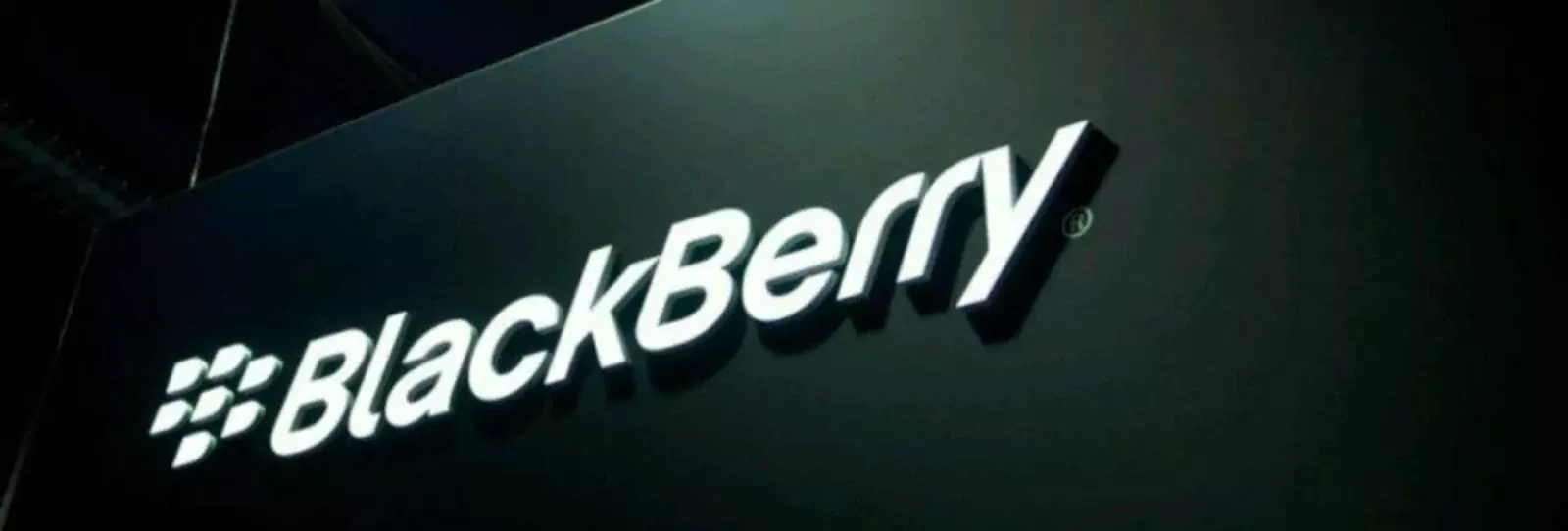BlackBerry announced yesterday that they have entered a definitive agreement to acquire Good Technology for $425 million in cash.
While this is the largest acquisition in its corporate history, it will also bring some concerns about the complexity of the platforms.
The combined entity will have to manage at least four fairly different EMM customer bases: BlackBerry has struggled to convert its Enterprise Server customers with legacy BB7 devices to its newer cross-platform service, while Good Technology also has older clients stuck on “Good for Enterprise†who have yet to jump to its newer “Good Work†apps.
BlackBerry CEO John Chen talked to the Globe and Mail a little about why BlackBerry are buying Good technology:
CEO John Chen said in a press conference that the two companies fit well together, especially given that Good’s strength is in iOS, where BlackBerry is not as strong.Chen also pointed out that the company wants to switch to a subscription business, and the vast majority of Good’s revenue comes from subscriptions, giving BlackBerry an existing platform to make this transition.
It’s no secret that Good has had problems. It filed to go public in May 2014, showing a string of operating losses and less than 12 months’ worth of cash at its then-current pace of cash spending and cash income. Based on Good’s 2014 rate of operating cash burn, and the cash on its books at that point, the company had about seven months’ worth of cash.
Good Technology Chief Executive Christy Wyatt said the company isn’t profitable, declining to specify current losses. She said customers’ growing need for products to help them manage an expanding array of mobile devices on their corporate networks drove the deal.
“We are giving customers a broader portfolio…with the broadest market share,†she said.
At the end of May, BlackBerry had $3.32 billion in cash and investments, up $50 million from the prior quarter.
BlackBerry, which offers technology allowing companies to separate personal and company data on an employee’s device, is betting the deal will help it address the increasing use of Apple’s mobile devices in the workplace, since Good has a bigger iOS base.
In Good’s latest quarter, 64% of new device activations for this type of technology were for iOS devices, Mr. Chen said.
Angelo Zino, equity analyst with S&P Capital IQ wrote,
“We think Good offers a stable revenue stream and exposure to multiple operating systems, as we note over 80 per cent of revenue is recurring and 64 per cent of activations are from iOS devices,â€Â
“While we are encouraged by recent margin and cash-flow improvements, we see limited success in recent hardware offerings and remain skeptical about management’s aggressive targets for its software business,”
Analyst Jack Gold from J. Gold Associates called the deal a win for both companies in principle, but warned that integrating their products and their organizations won’t be easy.
“BlackBerry does have experience here with its many recent acquisitions, but Good has much more technology to integrate than previous acquisitions,†Gold wrote in a research note emailed to the media.
“And the culture of the two companies is different, especially since it’s clear that there was no love lost between the top staff.â€Â
Gold estimates that the corporate and technology integration process will take a year or more.
“Assuming that the two products can be integrated successfully and only the complementary ‘best of the two’ remain, this is a good acquisition for BlackBerry and a good exit strategy for Good,†he wrote.
With Good’s acquisition, Blackberry expects to record an additional $160 million in revenue during the first year. The deal is expected to close in the third quarter and is subject to regulatory approval.
BlackBerry closed down 2.41% at $7.28 Friday in New York.




